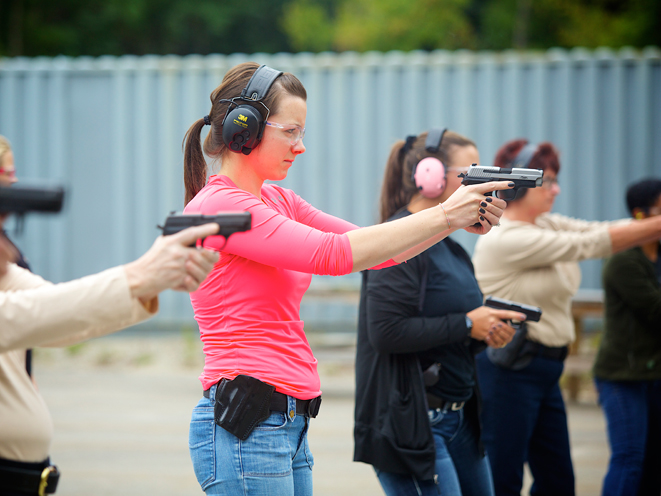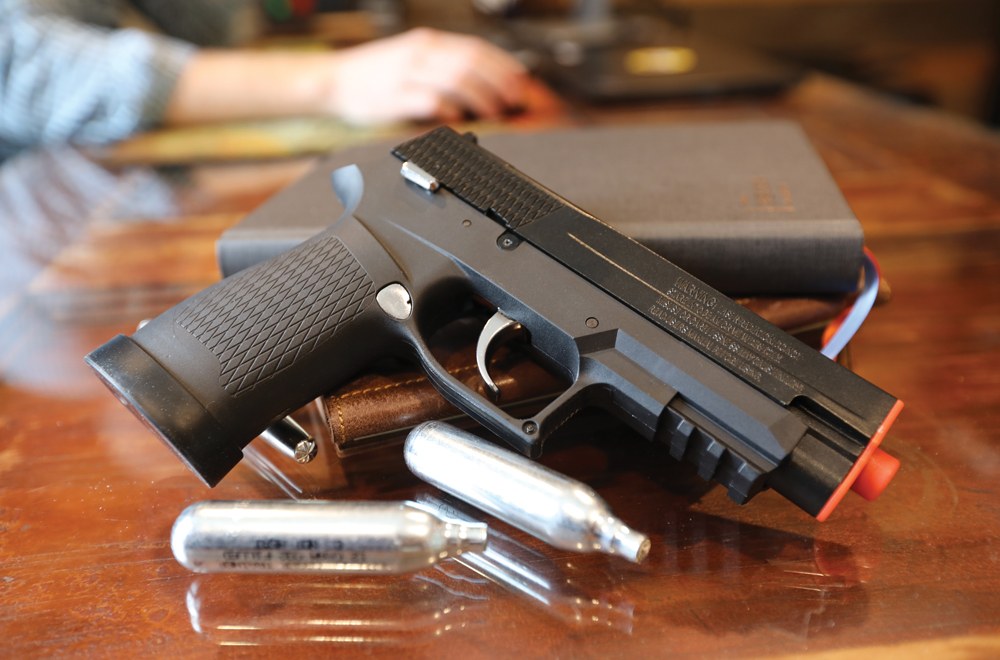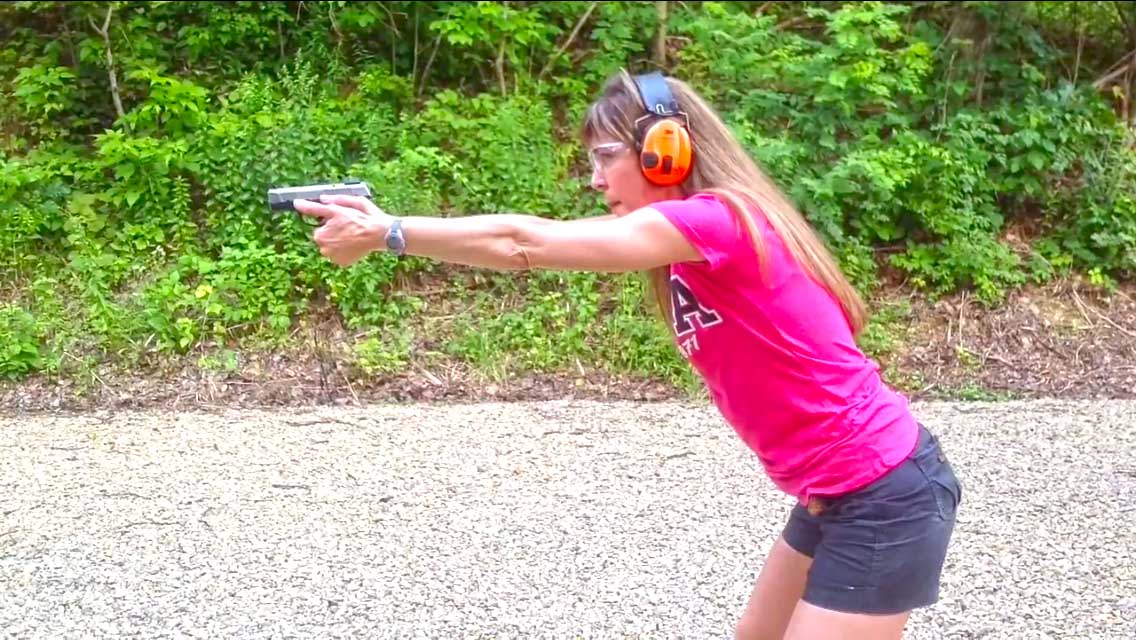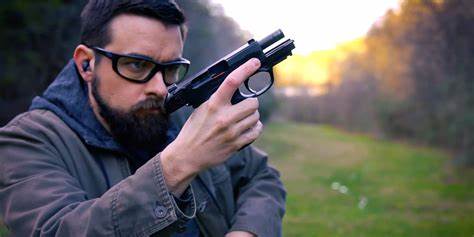Shooting regularly allows you to enhance your marksmanship, but, crucially, it also enables you to maintain the skills you already have. If you don’t fire a gun regularly, your expertise will decline over time and it doesn’t take long for this process to start happening.
Due to this, it’s important to make time in your schedule to train. Of course, the critical question is how often to practice shooting. Read on to find out when you should be training, how long for and how often.
When to train
Every gun owner or user should train regularly but it’s important to practice shooting when you’re in the right frame of mind. If you head to the range only because you feel like you should, your mind may not be fully focused on firing accurately or safely. Similarly, practicing shooting for a long period of time can mean your concentration suffers. This will impact your performance and is likely to reduce your accuracy rate.
No matter how often you train, it’s important to do so when you’re clear-headed and able to focus on the right techniques. If you miss a practice session, don’t necessarily try to spend double the time at the range the next time you visit. Instead, aim to practice when you can fully concentrate and immerse yourself in the training.
How long to train for
How long you should train for depends on the type of shooting you’re practicing, the environment you’re training in, and your personal preference. Someone who wants to fire off a few rounds at the range must only spend 30 minutes target shooting, for example. Alternatively, if you’re learning a new shooting technique, you might spend two or three hours practicing.
If you do engage in longer practice sessions, it can be useful to take a break every so often. This allows you to adjust your position, relax for a few minutes and refocus before you pick your weapon up again.
How often should you practice?
Regular practice is essential if you want to remain proficient at shooting your primary defense weapon (or any weapon). For some people, this may mean visiting the range twice a week, while others may train once a month.
Ultimately, you should practice as often as can if you want to maintain your existing skills and develop new ones. Of course, a busy home life or a stressful job can make it hard to factor frequent training sessions into your schedule. However, by practicing as often as you can, you can improve your marksmanship.
Remember – practicing shooting your primary defense hobby is much more than just a hobby. If you ever need to use your gun to mitigate a threat, all the time you’ve spent training will be well worth it. Indeed, the peace of mind that comes from knowing you’re able to shoot accurately with your primary defense weapon, makes a few extra sessions at the range a valuable way to spend your time.
- Training,
- 2660




